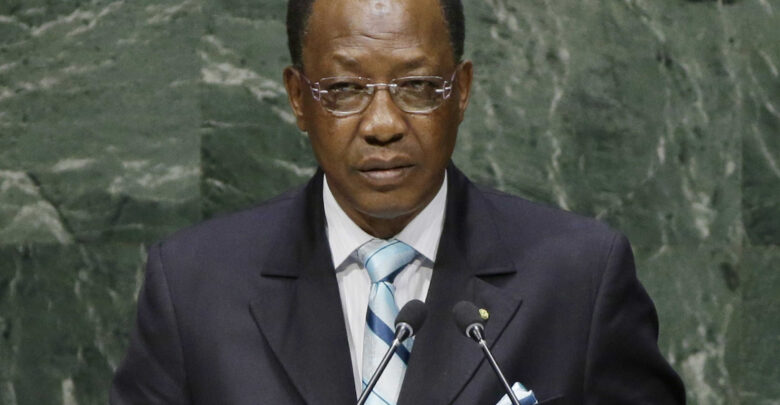Chad
Chad’s Incumbent President Idriss Deby Wins Sixth Term, Secures 79.32% Of Votes

Chad’s incumbent President Idriss Deby has won the April 11 presidential election, securing 79.32 percent of the votes cast, according to provisional results from the electoral commission, reported Africa News.
According to Kodi Mahamat Bam, the chairman of the Independent National Electoral Commission (Ceni), the total turnout for the election was 64.81 percent. The Supreme Court still has to approve the voting results after considering possible appeals.
Former Prime Minister Albert Pahimi Padacke came in second with 10.32 percent votes. Chad’s first female presidential candidate, Lydie Beassemda, secured just 3.16% of the votes. The election was boycotted by the country’s top opposition leaders, including the 2016 runner-up Saleh Kebzabo, who has vowed to make Chad “ungovernable” if Deby wins.
Deby, who came to power through a rebellion in 1990, has ruled Chad for the last 30 years. In 2018, he pushed through a new constitution that could enable him to stay in power until 2033, even as it reinstated term limits. The constitutional change allowed him to run for two additional six-year terms back-to-back after the end of his tenure that year.
During his election campaign, Chad’s president promised to bring peace and security in a region marred by jihadist insurgencies. The Central African country has been struggling with security challenges associated with conflicts in bordering countries, as well as the impacts of climate change, for the past decade.
Election results were made public a day after the Chadian army announced that it has killed more than 300 rebels in the northern part of the Central African country in the clashes between forces and rebels. The army claimed to have taken 150 prisoners and lost five soldiers in the fighting, while the government assured that the situation is under control.
The unrest in Chad has raised alarm bells among a lot of Western countries. On Saturday, the United States has ordered its non-essential embassy staff to leave the country. The British government had urged its citizens to leave the country.





